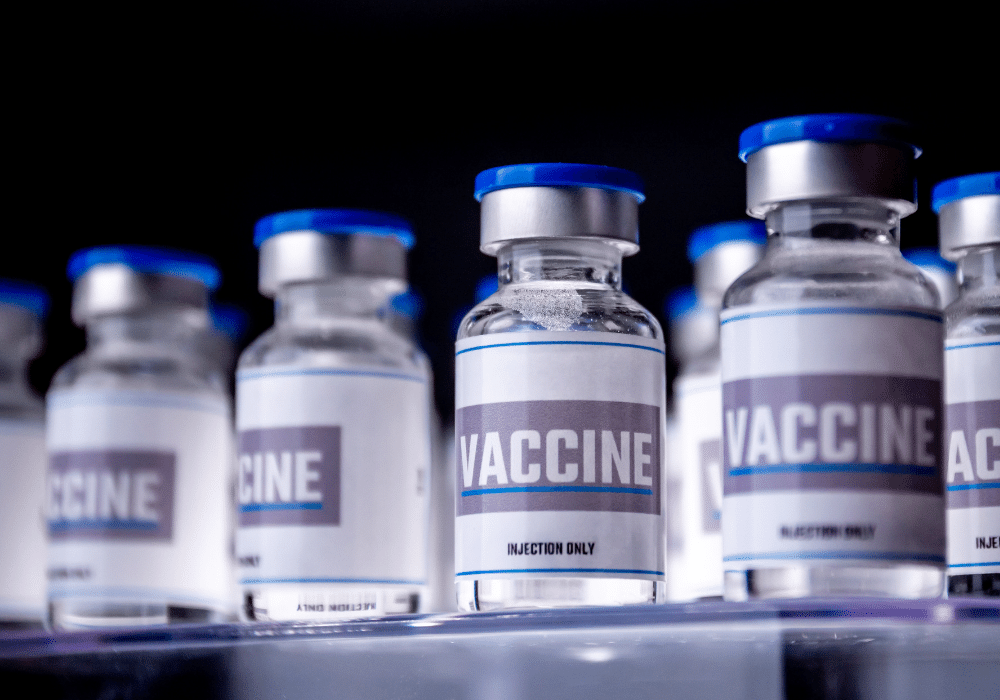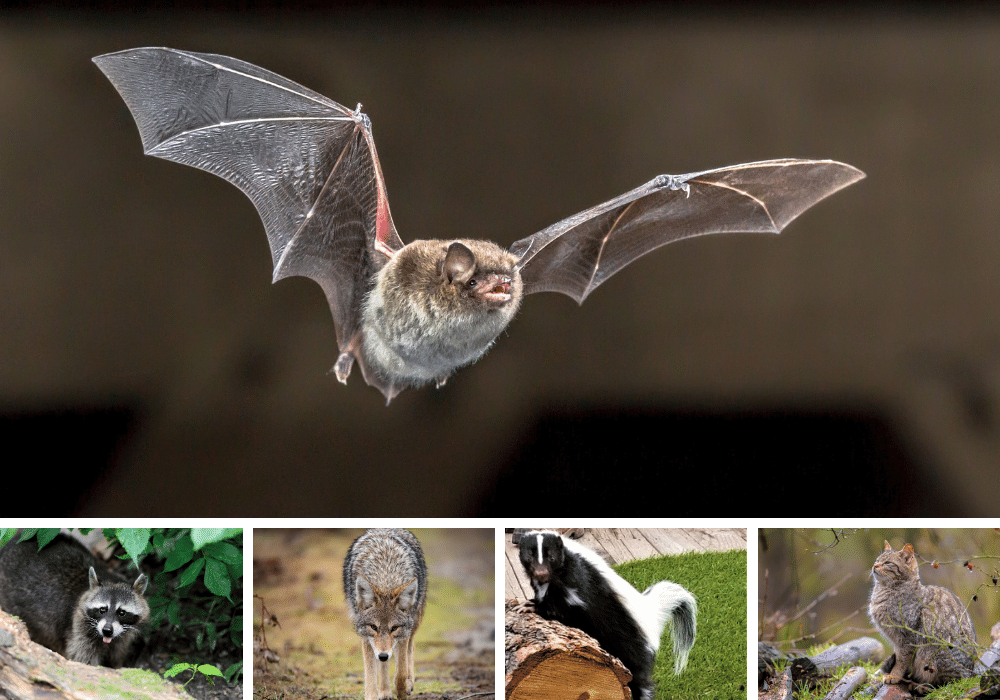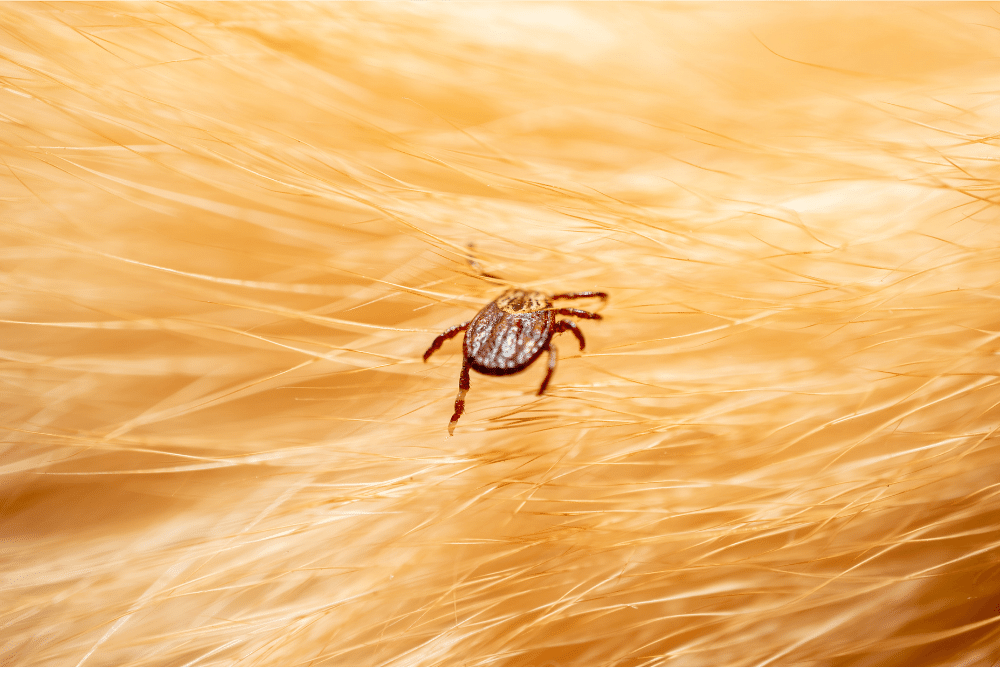As a pet owner, it is your responsibility to ensure that your puppy stays healthy and happy by providing them with the best care possible. This includes making sure you are up-to-date on your puppy vaccination schedule. Vaccines can protect your puppy from a variety of illnesses and help them lead a long, healthy life. In this blog post, we will discuss the importance of vaccines and provide an overview of the puppy vaccine schedule.
As a breeder, I always make sure that my puppies that I send home get their first set of puppy shots from my vet during their Puppy Well-Check that I have done the week before they go home with their new pet parents. I know that is not the way every breeder does this - but it is something that you, as the new puppy parent, need to find out what has been done. These core vaccines are very important for the long term health of your new best friend.
If you happen to be getting an adult dog from a breeder, a rescue or a shelter - this puppy vaccination schedule is STILL very important. If you do not get a record of completed vaccines, then you need to assume that they haven't happened. Take your new dog to your vet and get these vaccines completed. Your vet might be able to do something called a titer test to determine if the puppy vaccinations were done - but if you cannot get this done - just assume that your new dog needs their shots.
We didn't do this ONE time. I bought a dog from someone who just no longer had time for their dog. It was about 2 years old when I got it. I assumed that it had had it's shots and didn't even think about it again. Then, this lovely, sweet dog got parvo at the local park - which is one of the sicknesses that puppy vaccines prevent. We lost her. It was awful - and it so easily could have been prevented. I was just sick with grief over this. Don't let this happen to you!

Why Are Vaccines Important?
Puppy vaccinations are one of the most important tools for keeping our pets healthy and safe from disease. Not only do they help protect against diseases such as canine parvovirus, canine distemper virus, hepatitis, rabies, and more; they also stimulate the immune system so that it can respond quickly if exposed to these viruses in the future.
This means that puppy vaccines are not only helpful in preventing illness but also in helping puppies build immunity against potential illnesses they may encounter throughout their lives.
Puppy Vaccine Schedule - 4 Core Vaccines
The American Animal Hospital Association has developed a list of core and non core vaccines that all dogs should receive, along with booster shots that should be given yearly. This vaccine schedule is the accepted version of core vaccines that given in the United States of America. Initial puppy vaccination costs vary location to location. I always recommend calling around to see what those costs are going to be when you get a new puppy. These vaccines are going to ger your puppy's immune system up and going so that they can live a long and healthy life!
Generally speaking, most puppies should start their core vaccines around six to eight weeks of age with booster shots every 4 weeks until 16 weeks old. Prior to 6 weeks of age, maternal antibodies that your puppy is receiving by nursing generally keep your little fluffer safe.
Core vaccines include prevention against canine parvovirus, canine distemper, canine hepatitis (adenovirus) and rabies. But rabies isn't one of the initial puppy shots. It is given when they are at least 16 weeks of age. We will discuss this below.
After that, annual boosters are typically recommended as long as your pet is healthy enough to receive them. Depending on where you live or what type of activities you take part in with your pup (e.g., dog parks), additional vaccines may be necessary for optimal protection such as leptospirosis or Lyme disease vaccines.
It is always best to consult with your veterinarian regarding any additional vaccinations or boosters that may be needed for optimal protection for your pup.
I highly recommend that you do NOT take your new puppy to any public places until the entire series of core vaccines is completed plus one more month because their immune system is not very strong. This extra month allows the vaccine to get into your puppy and do it's job. Without this series of puppy shots, your puppy is still at risk of catching a sometimes fatal illness.
Parvo is the one that scares me the most because it is a highly contagious viral infection that can live in the ground for a very long time (like years!) if an infected dog pottied there. That means that you cannot SEE it on the ground, and yet your puppy can sniff it up their nose and they get very, very sick. I cannot stress this enough. This virus causes vomiting and diarrhea and can quickly become fatal without emergency care.

Rabies Vaccine - Core Vaccines
Rabies is a disease that affects the nervous system of the infected recipient and is deadly. An interesting fact: only mammals can get rabies. That means fish, birds and reptiles do not get or carry rabies. Any infected mammal can pass the disease onto another mammal through saliva. The most common carrier of rabies in the USA is bats - but again, any mammal can carry it.
A rabies vaccination is another one of the core vaccines that your puppy or dog is going to need. Rabies vaccines are regulated differently state-by-state. Some require yearly boosters, others once every two or three years. You need to check what your state requires - but every state requires a rabies vaccine for your puppy in year one. Most vets will suggest that the first rabies vaccine should be given at 16 weeks of age (4 months old).
Non Core Vaccinations
There are additional non core vaccines that are sometimes needed for your dog depending upon where you live and the health threat these illnesses pose in your area. Some areas have high incidents of these infectious diseases - and therefore you should act preventatively. This may include the dog flu vaccine (canine influenza), Lyme disease vaccine, Bordetella vaccine (kennel cough), and leptospirosis vaccine.
Canine influenza virus (dog flu), kennel cough and leptospirosis are all highly infectious diseases that unvaccinated dogs can catch easily in places like animal shelters, daycare facilities, the park or any public area.
The Bordetella vaccine prevents what is commonly called kennel cough. This is another airborne disease is easy for your dog to catch in public places. If your dog visits these places regularly, it just makes sense to add this to your list on initial puppy vaccines. You can always add it on later if your dog start visiting these places as an adult, too!
Canine coronavirus is another highly infectious viral disease that your dog might need to be protected from. It is NOT related to the COVID-19 disease that affects humans.
Canine coronavirus comes in two different versions: one is Enteric and the other is a Respiratory disease. Enteric Coronavirus impacts a dogs gastrointestinal system and is spread through feces. The Respiratory Coronavirus affects a dogs breathing. It is passed through airborne exposure and results in coughing, sneezing and difficulty in breathing.

Lyme disease is carried by ticks and causes lameness and sluggishness in dogs. It also can eventually cause kidney failure. Lyme disease is more prevalent in certain parts of the United States than others.
Rattlesnake toxoid is another one of the non core vaccines that you can elect to give your dog. If you have rattlesnakes in your area, or if you are traveling with your dog to a place that has rattlesnakes - this is a very wise vaccine to add to your puppy shot schedule!
The good thing in all of this is that your puppy or adult dog can easily be protected from with a consistent vaccination protocol. If you plan on traveling with your dog, you should investigate if any of these non core vaccinations are recommended in the area you are traveling to. Your vet can provide these non core vaccines even if they are not normally given in your area.

Conclusion
It is important to keep up with your puppy’s vaccine schedule in order to ensure that he or she is protected from a variety of illnesses and diseases. By following a regular vaccination schedule prescribed by your veterinarian, you can give your puppy the best chance at living a long and healthy life!
Remember to always consult with your vet if you have any questions about puppy vaccinations or concerns about potential side effects before administering them to your furry friend.
Thank you for check out this feature at Red Barn Reviews. We do our best to help you learn as much as you can about your dog, great products that you and your dog will love - and just a fun place to check in daily!
If you ever have a product you'd like to know more about - shoot us an email at RedBarnReviews@gmail.com and we'll do the research for you!
See you back here real soon!








